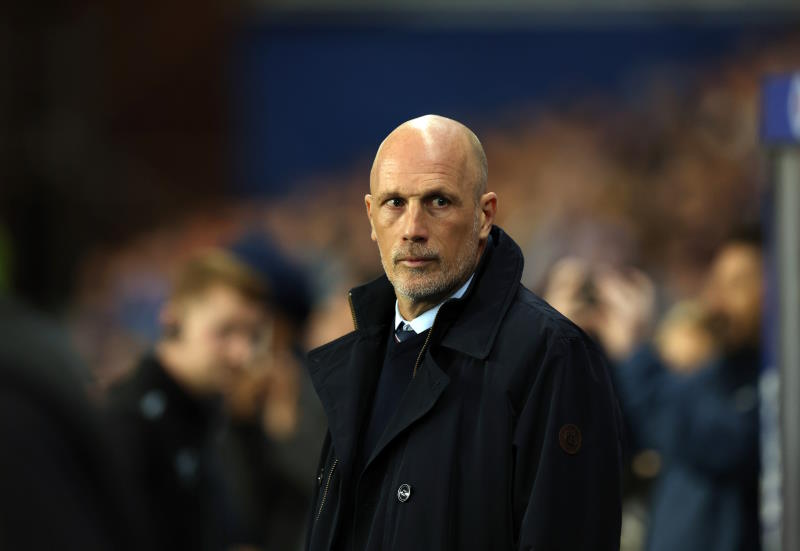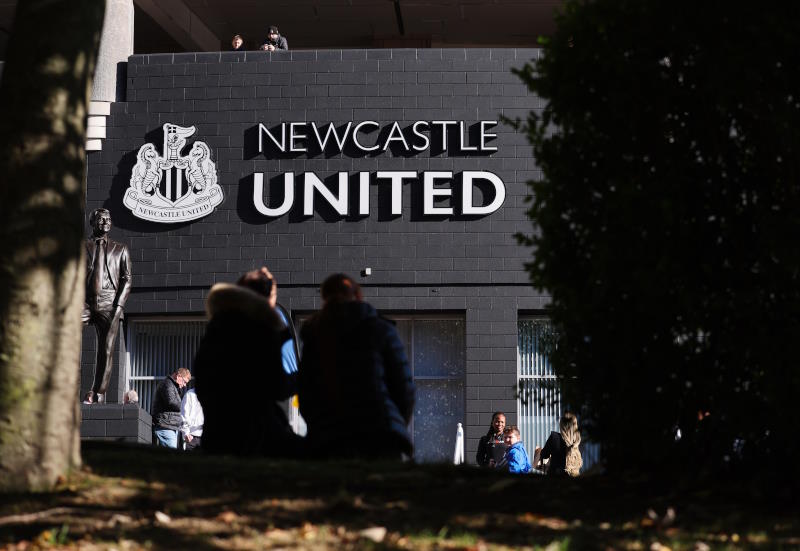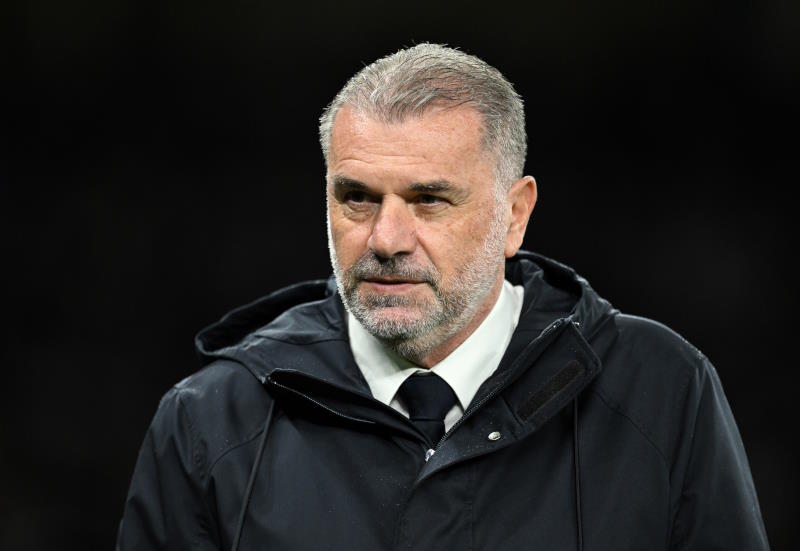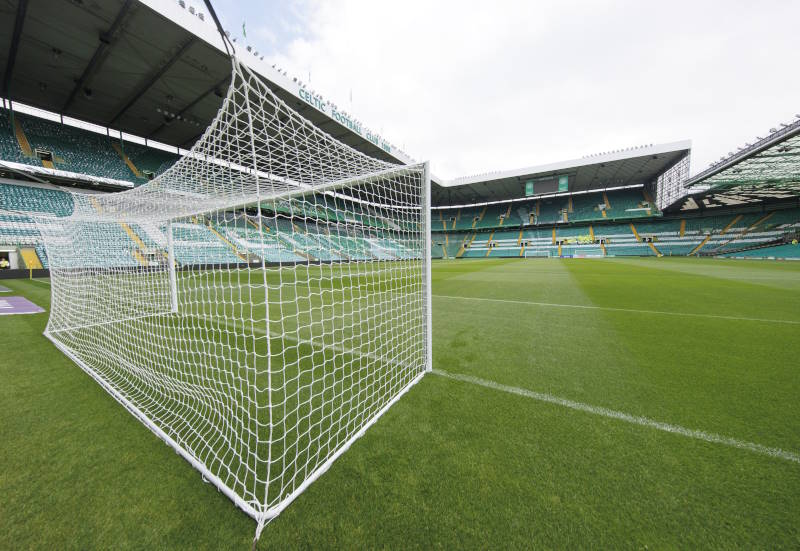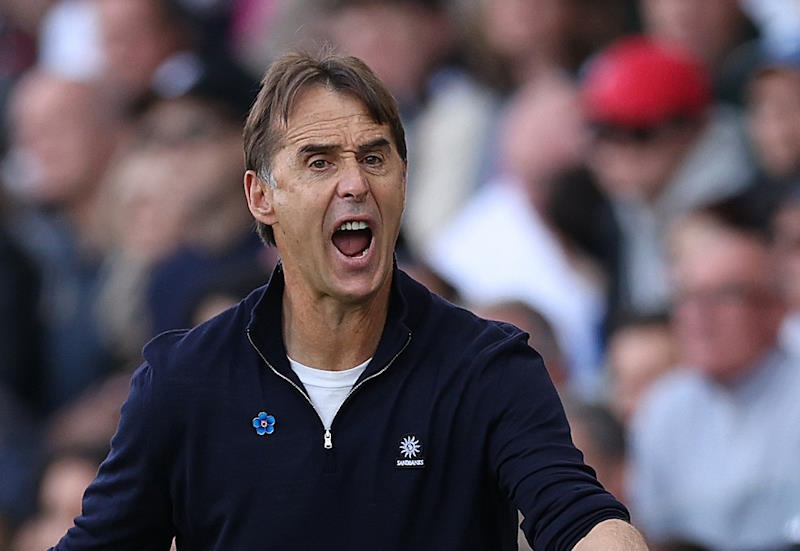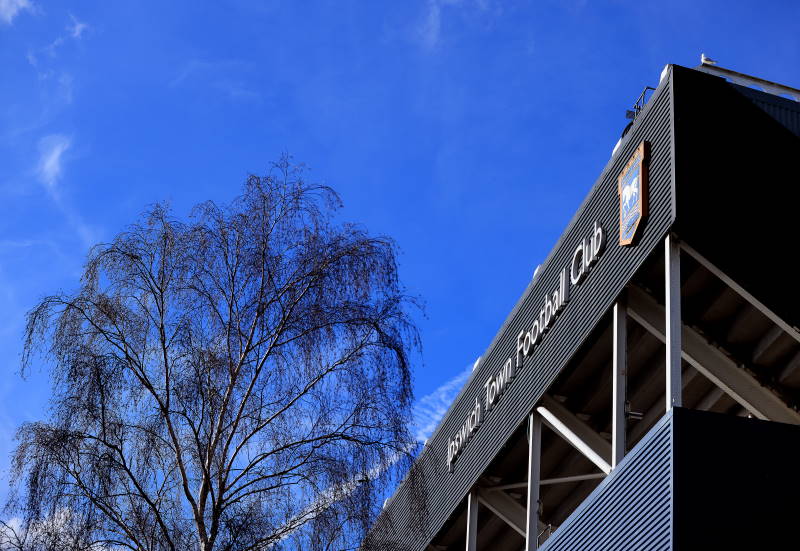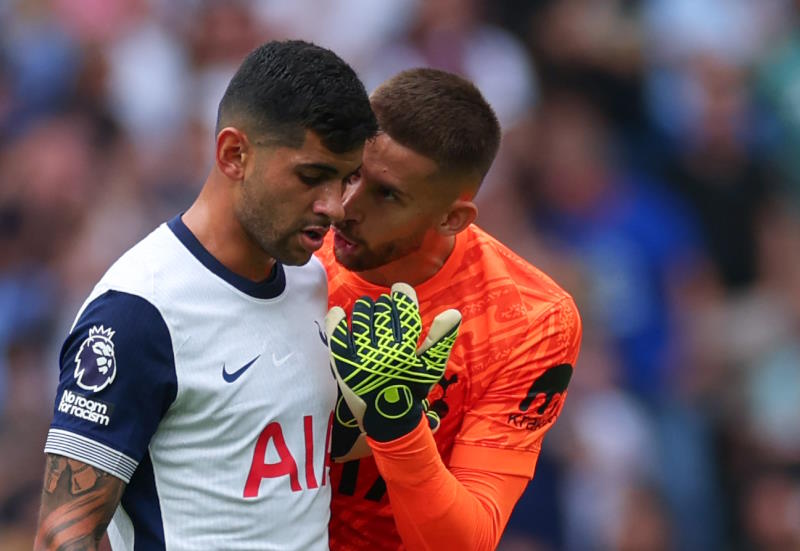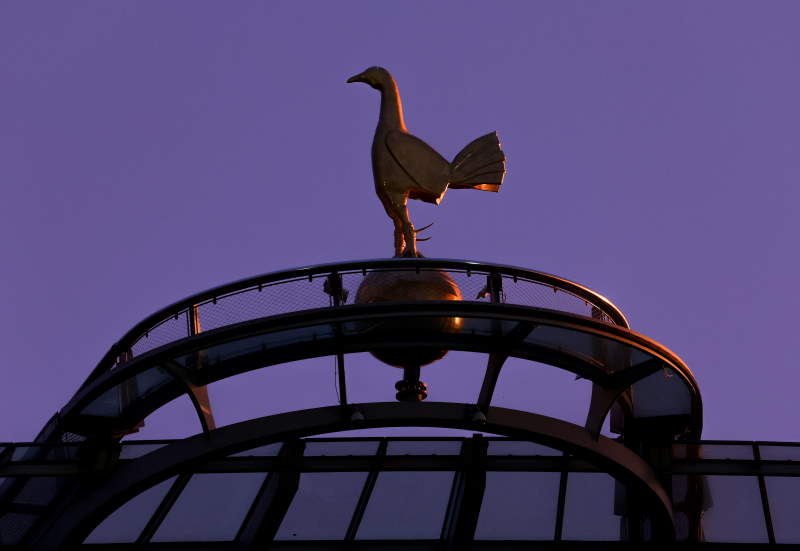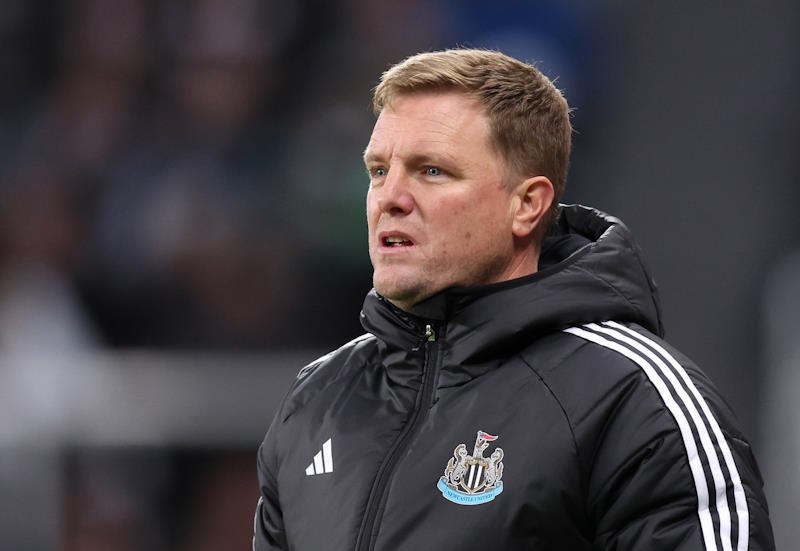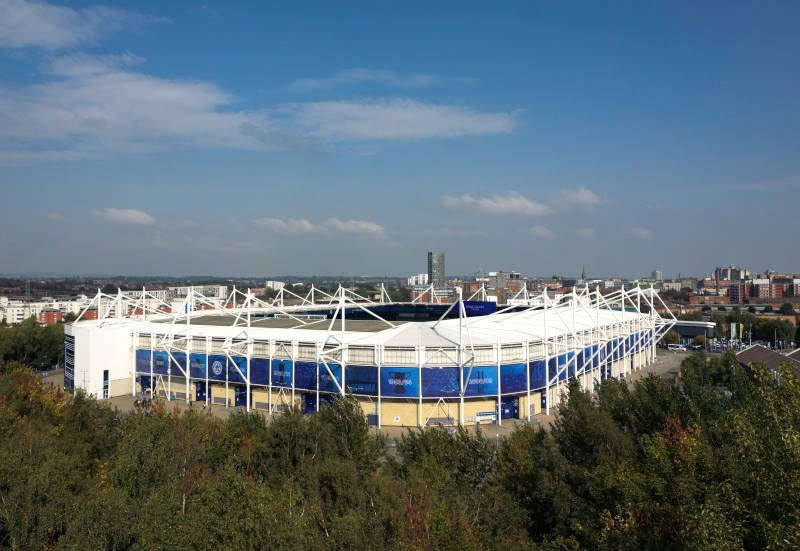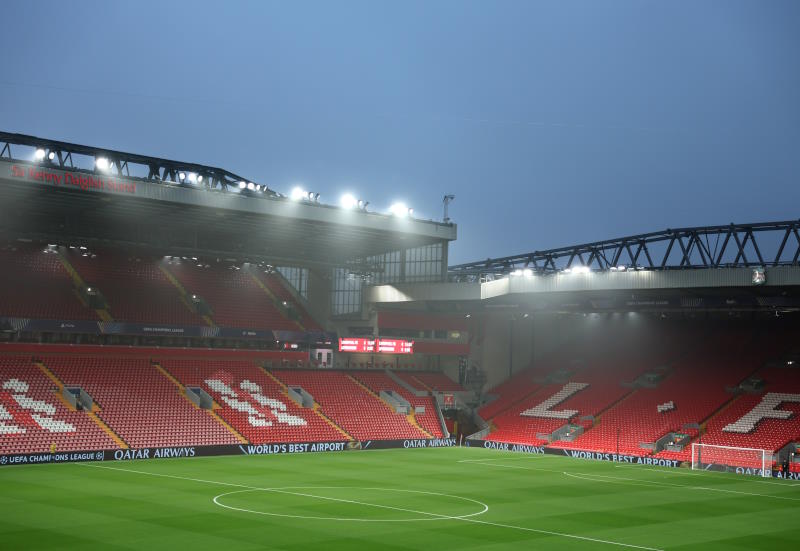
How do you calculate home advantage? Is it the partisan support? The familiarity of the ground, the pitch, the dressing rooms, the routine? Perhaps it’s a combination of all of these, a percent here and there that adds up to a substantial statistical advantage. But how does that work out when a team’s home games aren’t being played at home?
For Central Coast Mariners it didn’t seem to matter at all. Playing in the A-League’s first double header, they took the pitch at Sydney Football Stadium to take on Perth Glory. Already the ground had seen a 10,000 plus crowd watch Sydney pull out all the lucky stops to escape with a draw against Brisbane Roar. Brisbane, second in the league, controlled the game so effortlessly all Sydney could do was maintain their shape and order and hope for a lucky break. Brisbane – with their frontman Reinaldo running the lines and looking more threatening than all of Sydney’s three strikers – took the lead in just seven minutes with Luke DeVere finding it far too easy to nod home from one of Brisbane’s 15 corners.
And yet Sydney found a way back into the game, keeper Ivan Necevski booting the ball down the middle of the park, where a flick on from Mark Bridge somehow bounced straight through the Brisbane defence. Alex Brosque pounced to chip the keeper and the game was levelled, and so it stayed, Brisbane doing everything they could to score, but denied despite their best efforts, encapsulated when Matt Mckay missed from two yards near the death. A valiant struggle at both ends, one to win, one not to lose.
Since Adelaide had finally lost this season the night before, going down 2-1 in Melbourne against their nemesis, Melbourne Victory, Brisbane’s point took them one closer to the top of the table, now just two point from their grasp. For Sydney, the point has kept the bottom of the table in sight, although beyond pride it’s increasingly looking like there’ll be little to play for as the season continues.
So it was that up stepped Central Coast Mariners, nominally the home team, the visiting Perth Glory desperate for a win at the Sydney Football Stadium. Out in the stands the crowds had gone home. Saturday night, beers to drink, dinners to eat, somehow the strong home support wasn’t up for a second match. Perhaps this could have been taken into account, let them come early, let Central Coast act as a warm up for the main event: The home faithful’s favourites. This would have been a mistake, since as a warm up Central Coast would have left the pitch but a pile of fiery ashes.
Perth, it should be noted, went into this match on the back of the worst run in the league. Having gone unbeaten in five at the start of the season, they turned things around and lost their next six, scoring two and conceding twelve in the process. Seeing 17-year-old bloodnut Mustafa Amini on the pitch at the outset may have given them hope, but Central Coast’s troupe of young players belied their years, using their exuberance, energy and style to run Perth into the ground. Amini in particular was impressive, but so too was 20-year-old Matthew Lewis when he came on, impressive in scoring the fourth for his team in a 5-0 rout.
Perth seem completely lost for ideas, but the change of leadership that saw David Mitchell take on a less player-focused role certainly hasn’t helped things. Vowing to use his contacts to scout out new recruits that are now quite badly needed, it’s not clear that his replacement, Ian Ferguson, has the wherewithal to arrest this decline, although his summary of the issues at hand (“We can’t pass the ball, we can’t keep the ball. The goals that we lost are silly goals.”) is both honest and quite right.
A similar story can be told of Newcastle Jets who’ve now just won once all season whilst having the possibly redeeming opportunity of at least a game in hand over those around them down at the bottom of the table. The Jets, nowadays, are a community club, as they’re keen to extol and with such a heavy focus on giving back it’s no wonder results have fallen to the wayside. Earlier this season with financial disaster ever looming their form stuttered, but their fans stood by them and they decided to pay them back. With moving their game up to Port Maquarie some hundred miles north due to an unplayable surface following a motor cross event at the ground, they also laid on free buses to take their loyal fans up to the match, slashed ticket prices down to zero, meaning free entry for all, signed Francis Jeffers on a ten-match stint, offered up thousands of dollars for every goal they scored to the Hunter Medical Research Institute and made football affordable for all with a raft of price cuts. And that’s not all. The Jets also announced the visit at the end of November of David Beckham’s Los Angeles Galaxy for a one-off exhibition match.
How could football compete? It was no wonder the club lost in Port Macquarie to Melbourne Heart with just a little over 3,000 people watching, going down 2-0, Nick Kalmar scoring a beautiful hooked volley before Gerald Sibon slotted home a penalty late on, although that’s not entirely fair on the Jets. The vagaries of the schedule meant Newcastle only played once in the previous five weeks; rustiness was inevitable. That, however, cannot explain just five goals scored in ten games now this season and with a new pitch being laid, they’ll be hoping Jeffers can start hitting the target soon.
With North Queensland Fury losing in Townsville to a confident Gold Coast United, now unbeaten in eight, this left Melbourne Victory as the standout. They played at home and won at home, no other team could say that this round, meaning The Big V are up to fifth and starting to look strong. But, with two midweek fixtures to close the round off, there’s plenty of scope for change in the leaderboard. There’s a very real possibility of Adelaide United being finally deposed by Brisbane Roar and Melbourne Heart leaping over their neighbours, unless, in each case, home advantage counts against them.

